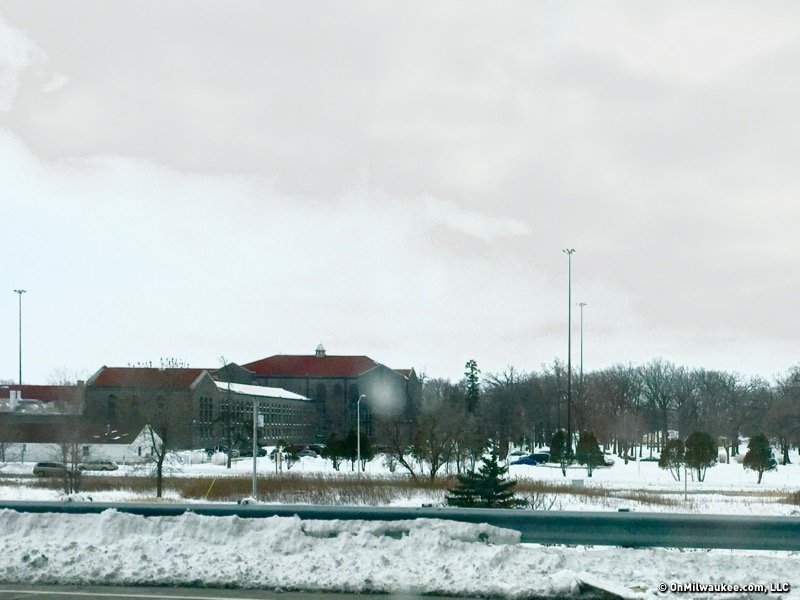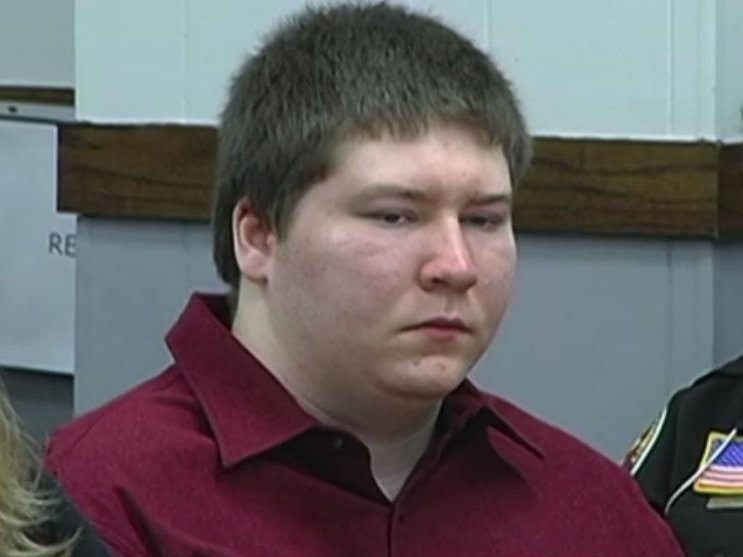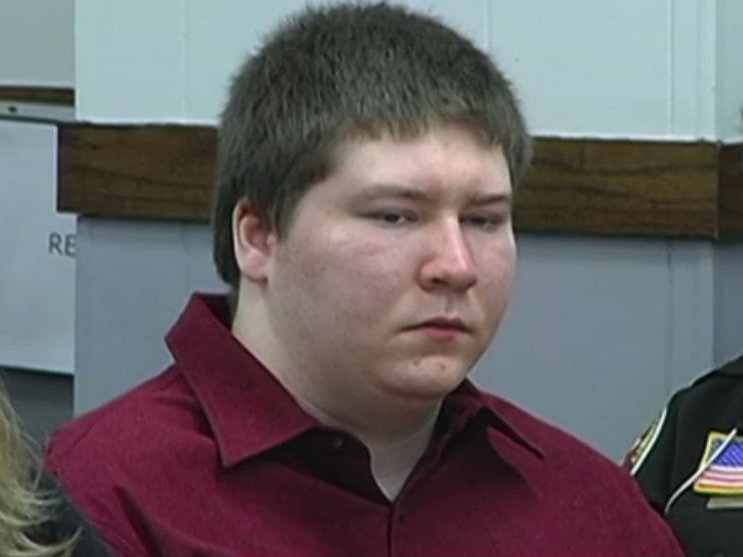Almost a quarter of a million people have signed a Change.org petition urging that Steven Avery be freed from prison or granted a new trial on his conviction for the murder of Teresa Halbach in Manitowoc.
The 10-part Netflix mini-series "Making a Murderer" has captured immense public attention, but gaining any kind of exoneration for Avery would be a very difficult and complex process. However, there are paths he could follow.
The Change.org petition is addressed to both President Barack Obama and Gov. Scott Walker. Obama couldn’t pardon Avery because a president can only pardon those convicted of federal crimes. And Walker wouldn’t issue any kind of order if and until all legal remedies were exhausted.
Here’s the situation now.
Avery is in prison, serving a life sentence, and he doesn’t have a lawyer. His nephew, Brendan Dassey, is also serving a life sentence for his role in the murder.
Currently there is a writ of habeas corpus for Dassey sitting in the court of U.S. Magistrate, Judge William E. Duffin, in Milwaukee. Duffin has not ruled on the request.
A writ of habeas corpus is a petition to the court that claims the petitioner (Dassey) has been wrongfully convicted.
The Dassey appeal, which is being handled by Laura Nirider, project director for the Center on Wrongful Convictions of Youth at Northwestern University Law School, is based primarily on the lengthy interviews conducted of Dassey by investigators in the case.
The film shows those interviews, and the claim in the writ is that the investigators did not act legally by questioning Dassey without an adult present and with Dassey, who has cognitive difficulties, being led by the investigators.
"Something wrong happened here," said Nirider in several interviews. "His confession was fictitious."
Some experts think that the path for Avery’s exoneration could start with Dassey, and that would take a long time.
No matter how Duffin rules on the Dassey petition, it will be appealed to the U.S. District Court in Milwaukee. Whichever way that federal judge rules, it will likely also go to the 7th Circuit Court of Appeals in Chicago.
Should Dassey prevail, which is chancy at best, it could have a bearing on a petition filed by Avery under Wisconsin Statute 904.06. Murder is a state crime, and his petition would be in state court.
The Wisconsin statute is the state’s version of a federal habeas corpus writ and says, in part, "... a prisoner in custody ... claiming the right to be released upon the ground that the sentence was imposed in violation of the U.S. constitution or the constitution or laws of this state…"
Avery could make an argument that Dassey’s confession was found to be illegal, and since that confession played a role in his conviction and it should not have been admissible, he deserves a new trial. The state might argue that Dassey’s confession wasn’t critical to the Avery conviction.
But Michael Griesbach, an Assistant District Attorney in Manitowoc County, thought it was very important. He wrote a book, "The Innocent Killer," about the first Avery conviction, for which Avery was later exonerated, and the second conviction. Griesbach is also the brother of William Griesbach, the Chief Judge for the Eastern District.
In the book, Griesbach, who was involved with both Avery cases, wrote, "As for me, I felt much better about the prospects for a conviction (of Avery) after Dassey’s confession."
That confession sparks a lot of ifs, all of which stand in the way of Avery getting a new trial.
If the confession is ruled illegal and if Avery gets a good lawyer and if he can convince a state court judge and the state appeals court and maybe even the Wisconsin Supreme Court that the confession tainted his conviction, then maybe, just maybe, those quarter million petitioners might get some satisfaction.
With a history in Milwaukee stretching back decades, Dave tries to bring a unique perspective to his writing, whether it's sports, politics, theater or any other issue.
He's seen Milwaukee grow, suffer pangs of growth, strive for success and has been involved in many efforts to both shape and re-shape the city. He's a happy man, now that he's quit playing golf, and enjoys music, his children and grandchildren and the myriad of sports in this state. He loves great food and hates bullies and people who think they are smarter than everyone else.
This whole Internet thing continues to baffle him, but he's willing to play the game as long as OnMilwaukee.com keeps lending him a helping hand. He is constantly amazed that just a few dedicated people can provide so much news and information to a hungry public.
Despite some opinions to the contrary, Dave likes most stuff. But he is a skeptic who constantly wonders about the world around him. So many questions, so few answers.







